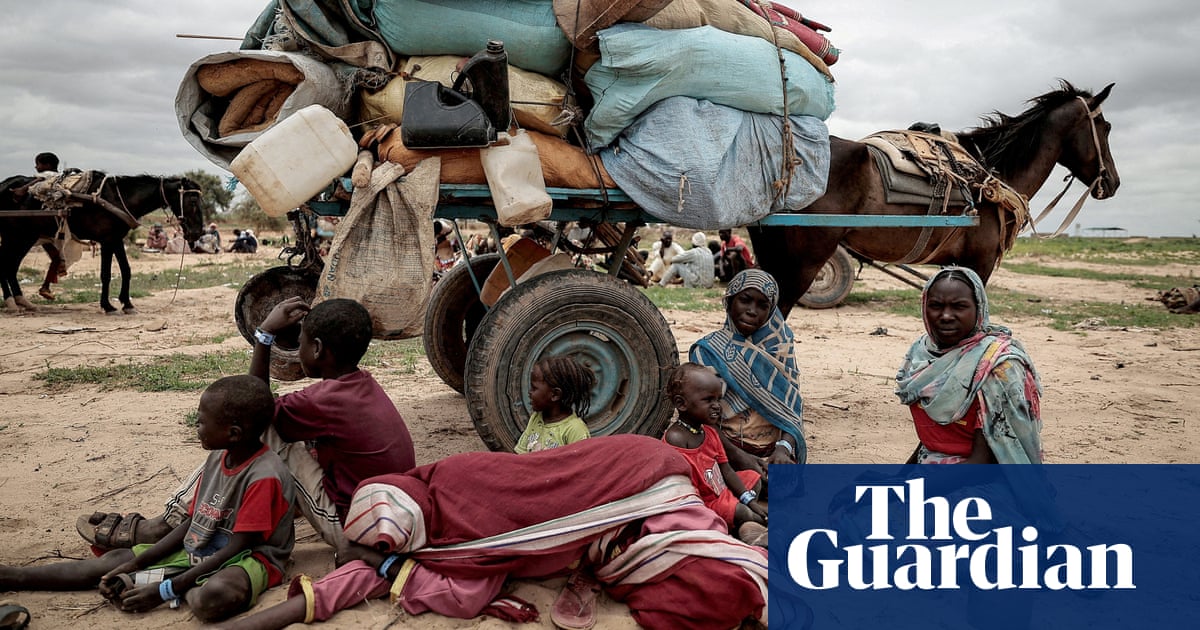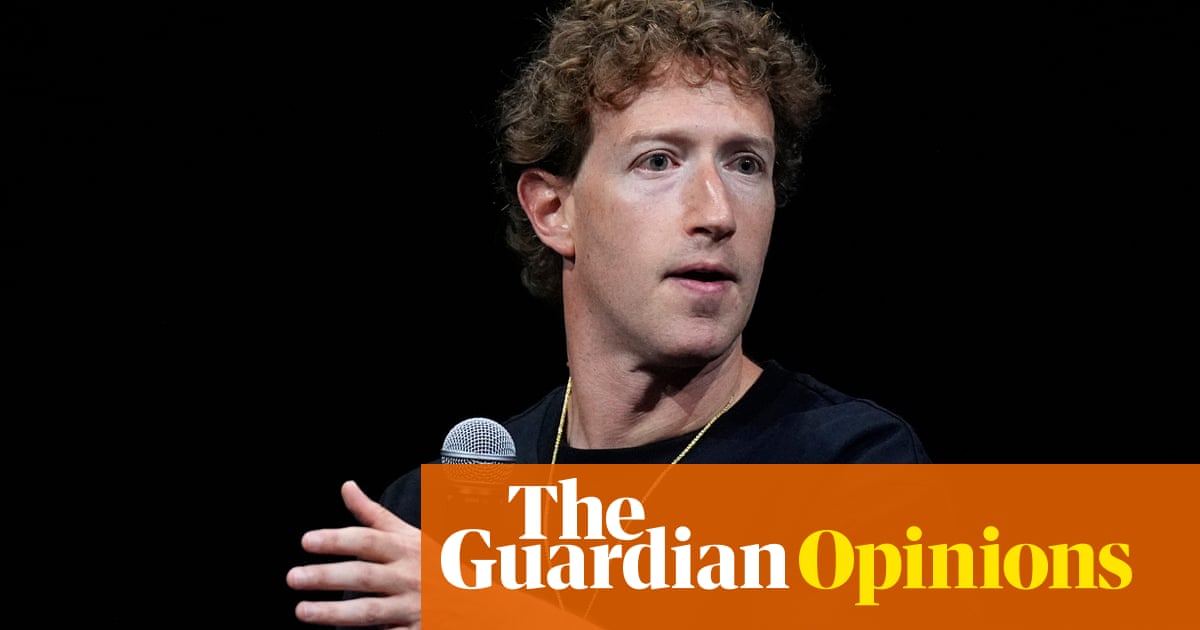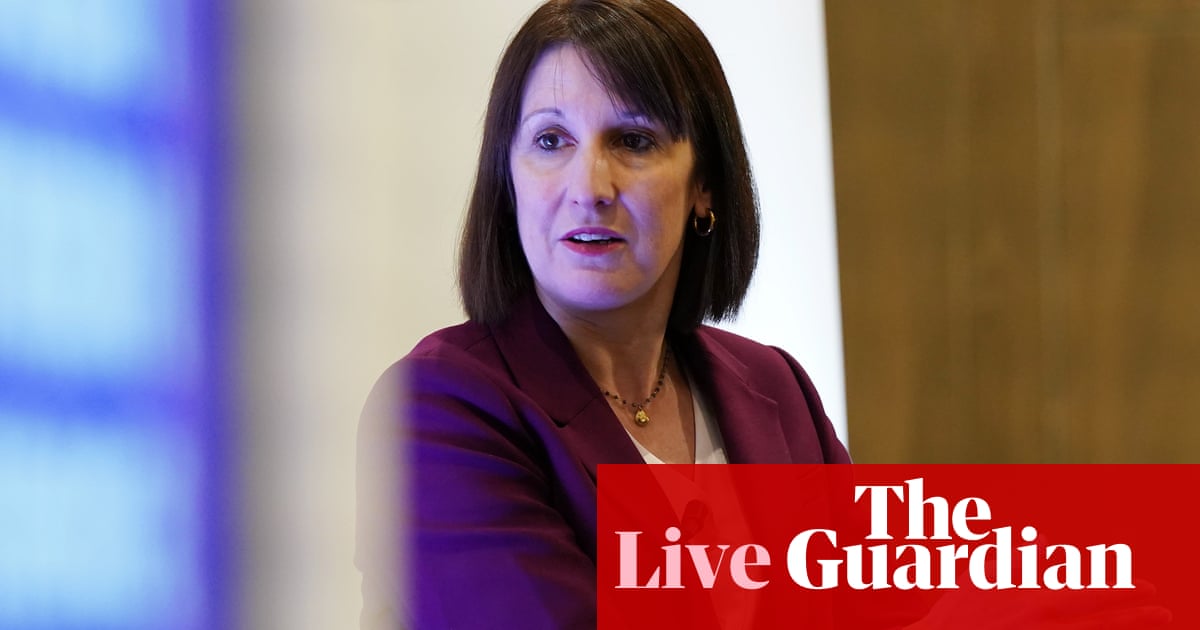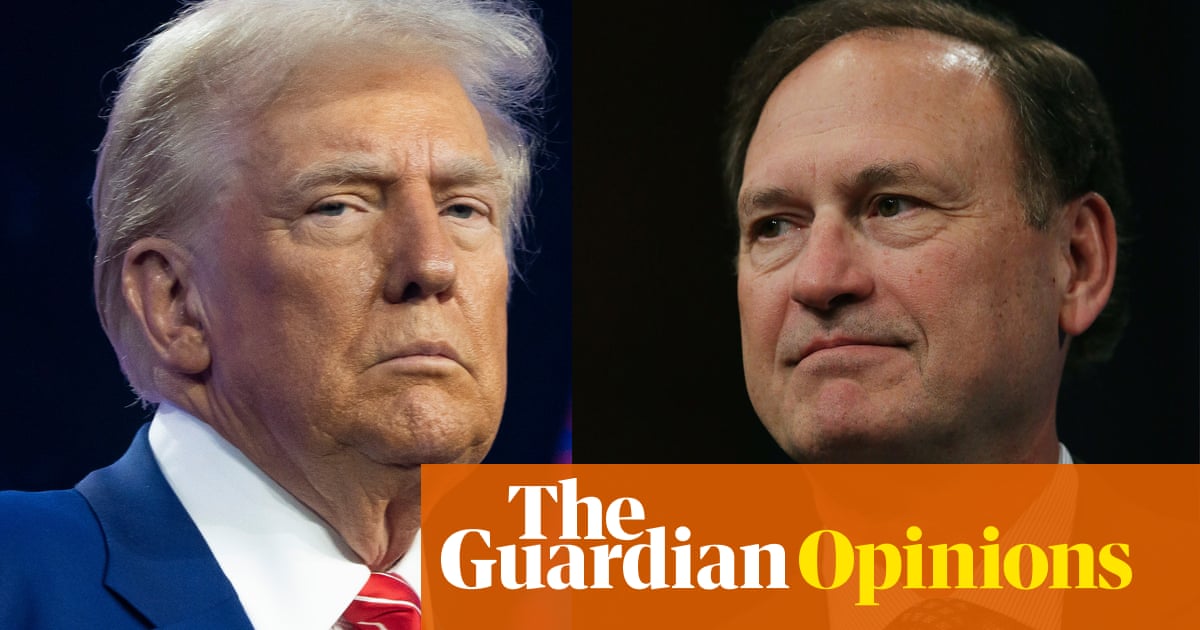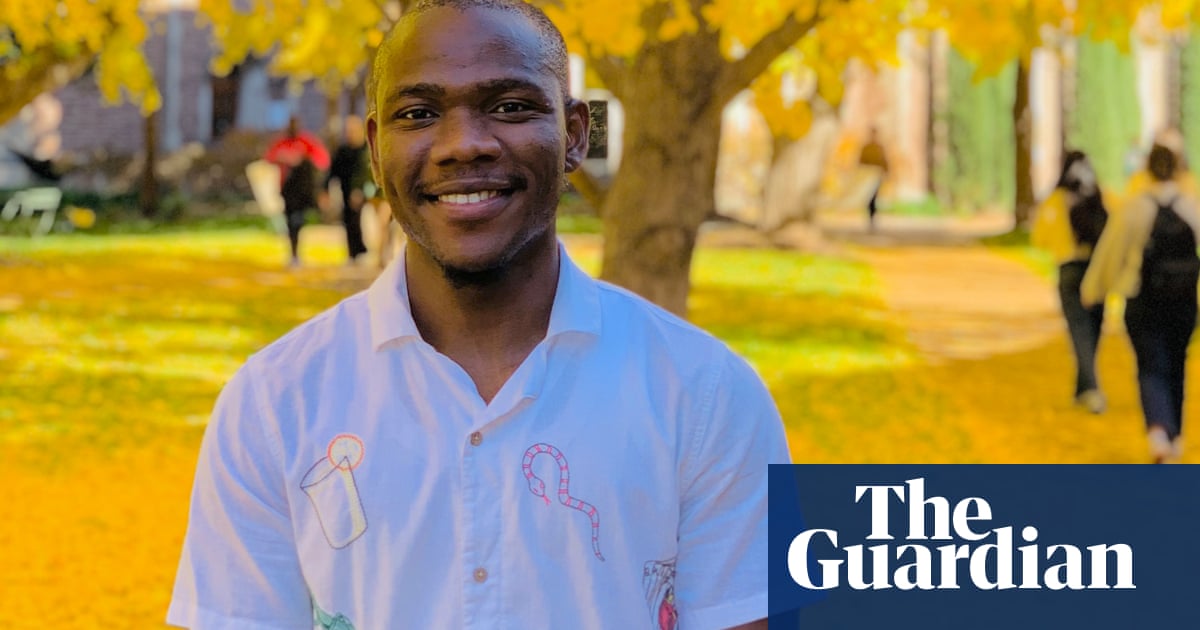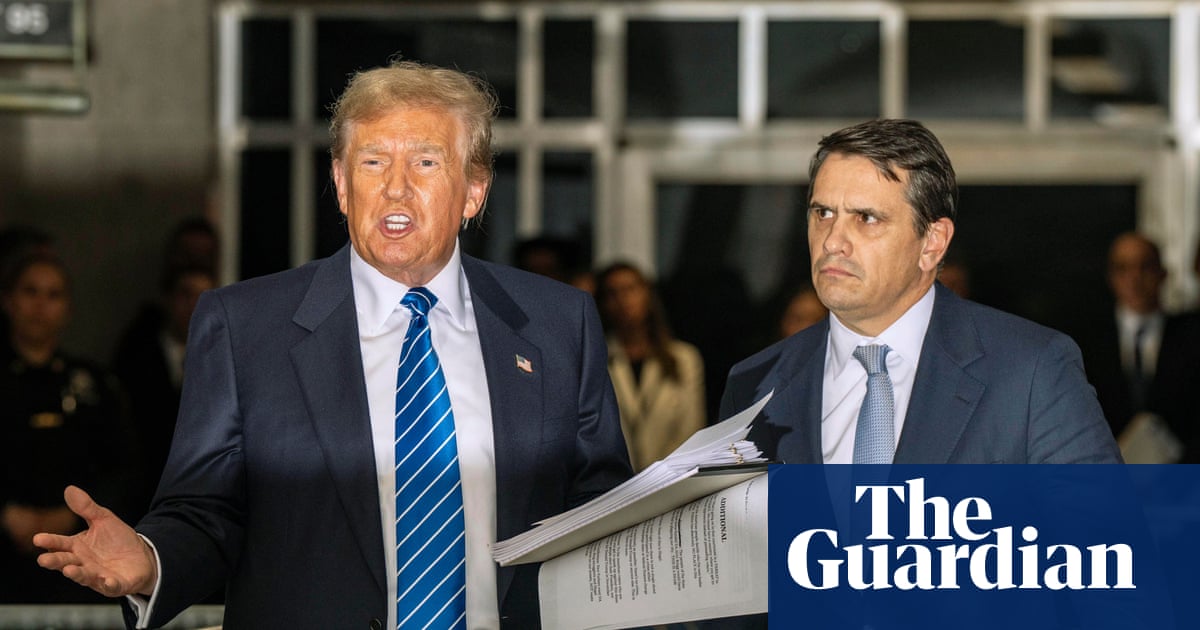Businesses in the private sector must stump up cash for the developing world to invest in a low-carbon economy or face the consequences of climate breakdown, the president of the UN climate summit has said.
Mukhtar Babayev, the environment minister of Azerbaijan, the host of this year’s climate conference, wrote in Monday’s Guardian: “The onus cannot fall entirely on government purses. Unleashing private finance for developing countries’ transition has long been an ambition of climate talks.
“Without the private sector, there is no climate solution. The world needs more funds and it needs them faster. History shows we can mobilise the resources required; it’s now a matter of political will.”
His words come as scores of heads of state and high-ranking officials from nearly 200 countries gathered in Baku, the capital of Azerbaijan, for the UN Cop29 climate summit, which opened on Monday.
The meeting has been overshadowed by the re-election of Donald Trump, who has vowed to remove the US from the Paris climate agreement and scrap commitments to cut carbon emissions. Scientists have said the world is likely to exceed key temperature limits as a result.
At Cop29, countries will try to forge a new global framework for providing the funds that developing nations need to cut their greenhouse gas emissions and adapt to the impacts of worsening extreme weather. Poor countries want climate finance to ramp up from about $100bn a year today to at least $1tn every year by 2035.
Without the US, developed countries are likely to find targets on climate finance harder to meet. They may seek to reduce the component of publicly sourced money – from overseas aid budgets, and through institutions such as the World Bank – making up the climate finance goal.
That could mean an increased role for the private sector in making up the $1tn target. But that is controversial. Private sector cash comes with strings attached and can drive countries further into debt. It is also harder to access for the poorest countries that need it most, particularly in order to help them cope with the impacts of extreme weather, an activity that few private sector companies have been prepared to fund to date.
In a statement that some parties will find controversial, Babayev wrote: “With competing priorities, there simply isn’t enough money in the world to fund developing countries’ transition to clean energy solely through grants or concessional financing – let alone cover adaptation and loss and damage.”
Many civil society groups are wary of an expanded role for the private sector. Mariana Paoli, the global advocacy lead at Christian Aid, said: “Government finance is so much better than private finance when it comes to tackling climate change. Governments are the only ones able to provide finance in the form of grants, which are the only way to address the growing needs of developing countries to address the climate crisis. Private finance is guided by profits and is almost always loans, therefore worsening the debt crisis that many developing countries are facing.”
She argued that it should not be counted towards the sums developing countries are demanding, known as the “new collective quantified goal” (NCQG) in UN jargon. “Private companies are not accountable to the Paris agreement. Any climate change-related investment they make is welcome but it’s separate from what should be discussed at the talks in Baku,” she said.
However, many developing countries accept that private finance must play a role. A spokesperson for the Alliance of Small Island States said: “At the core of the NCQG is developed countries fulfilling their commitments under the Paris agreement. A key focus is the provision of public finance from developed to developing countries. An additional pillar is the mobilisation of substantive private financing, by specific public interventions of developed countries. The onus must be on the public efforts to advance enhanced finance.”
Simon Stiell, the UN climate chief, told the opening session of the conference on Monday that inflation would result from a continued reliance on fossil fuels and that tackling the climate crisis would also help to tackle economic problems.
“If at least two-thirds of the world’s nations cannot afford to cut emissions quickly, then every nation pays a brutal price. If nations can’t build resilience into supply chains, the entire global economy will be brought to its knees. No country is immune,” he said.
In a veiled but pointed reference to the new presidency in the US, he warned that all countries must play a role. “Let’s dispense with any idea that climate finance is charity. An ambitious new climate finance goal is entirely in the self-interest of every nation, including the largest and wealthiest,” he said.

.png) 1 month ago
11
1 month ago
11
